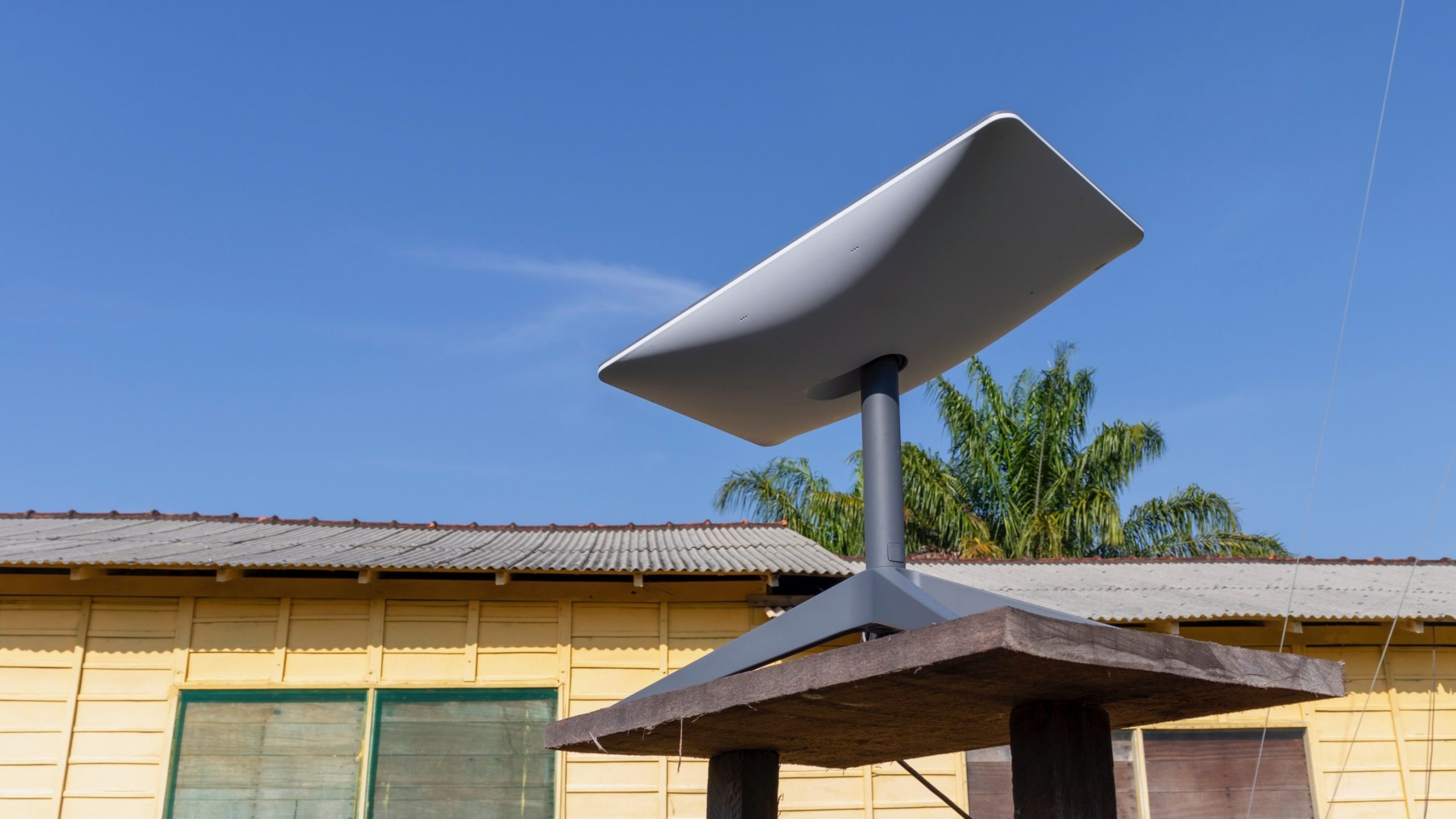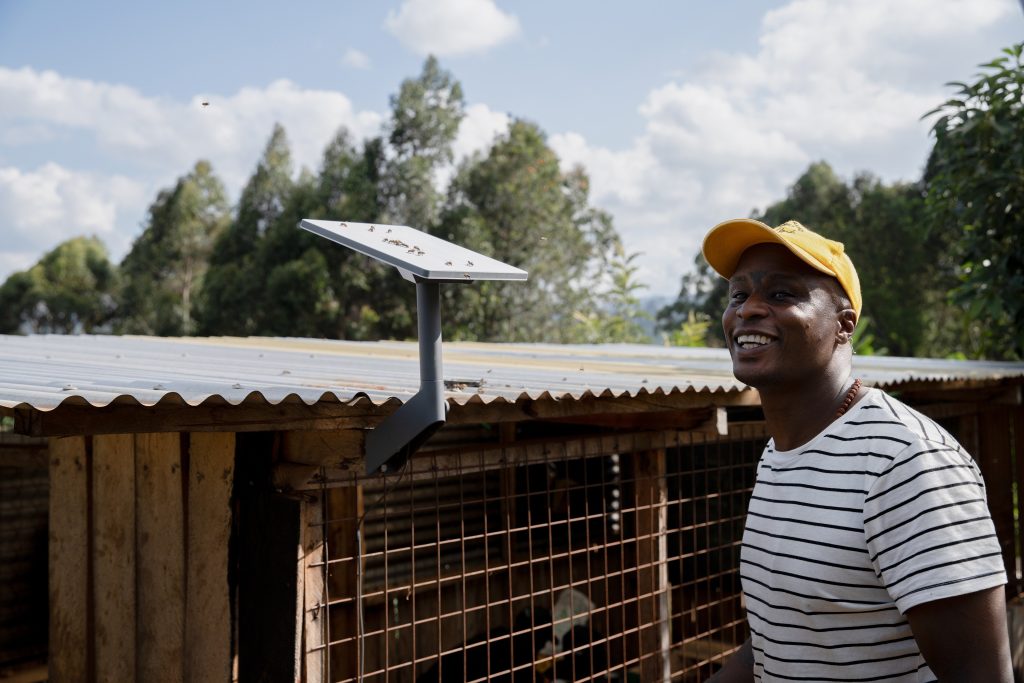Physical Address
60 Ekwema Cres, Layout 460281, Imo
Physical Address
60 Ekwema Cres, Layout 460281, Imo

Starlink has made a significant move in the Kenyan internet market by introducing an affordable kit just three days after Safaricom, the country’s leading internet service provider (ISP), announced a substantial increase in its fiber internet speeds.
The new Starlink affordable kit is priced at $208.38 (KES 27,000) and is part of a broader strategy to attract price-sensitive customers looking for reliable internet access.
With a maximum speed of up to 100 Mbps, this new offering positions Starlink as a competitive alternative to Safaricom’s enhanced services.
The launch of the Starlink Mini kit comes alongside a monthly residential plan priced at $30.87, aimed at providing an economical option for users who may find traditional ISPs costly.
This is a notable reduction from the original kit price of KES 45,000 ($347.25) when Starlink first entered the Kenyan market in July 2023.
The introduction of the Starlink Lite plan, which includes a $15 monthly rental for the kit, further emphasizes Starlink’s commitment to making satellite internet accessible to more Kenyans.

The competitive landscape is shifting rapidly as Starlink’s pricing strategy is likely to draw in users who are seeking faster and more affordable internet solutions.
The move also intensifies competition among ISPs in Kenya, where consumers are increasingly prioritizing both speed and cost.
In response to Starlink’s growing popularity, Safaricom upgraded its internet packages on Monday.
The company increased its 10 Mbps package to 15 Mbps for KES 3,000 ($23), while users on the 20 Mbps plan now enjoy speeds of up to 30 Mbps.
Additionally, Safaricom doubled speeds for its 40 Mbps users and significantly boosted its 100 Mbps package by five times.
The introduction of a new 1 Gbps package priced at KES 20,000 ($155) caters specifically to heavy internet users.
This aggressive enhancement of services underscores Safaricom’s strategy to maintain its dominance in Kenya’s broadband market, where it currently holds a substantial market share of 36.7%.
With an extensive network of 14,000 km of fiber optic cable serving around 400,000 customers, Safaricom remains a formidable player despite the encroachment of satellite ISPs like Starlink.
Read Next: Safaricom Leads Kenya’s Evolving 5G Landscape(Opens in a new browser tab)
The competition between Starlink vs Safaricom is not just about pricing but also about service reliability and speed.
While Starlink offers satellite-based internet that can reach remote areas where fiber optics may not be feasible, Safaricom leverages its established infrastructure to provide high-speed broadband services across urban and suburban regions.
Moreover, Safaricom has been lobbying the Communication Authority of Kenya (CA) to impose restrictions on satellite ISPs like Starlink.
This move indicates the company’s concern over potential threats to its market share as more consumers consider alternatives that may offer better value or coverage.
As both companies vie for dominance in this rapidly evolving landscape, consumers stand to benefit from improved services and competitive pricing.
The introduction of Starlink’s affordable kit and plans could lead to a significant shift in user preferences and expectations regarding internet access in Kenya.
Starlink’s entry into the Kenyan market with an affordable kit and competitive pricing reflects a broader trend towards increased accessibility and choice for consumers.
As Safaricom responds with enhanced speed offerings, the battle for subscribers intensifies, promising exciting developments in Kenya’s digital landscape.
For consumers, this means more options and potentially better service as both companies strive to meet the growing demand for fast and reliable internet access across the country.
Was this information useful? Drop a nice comment below. You can also check out other useful contents by following us on X/Twitter @siliconafritech, Instagram @Siliconafricatech, or Facebook @SiliconAfrica.